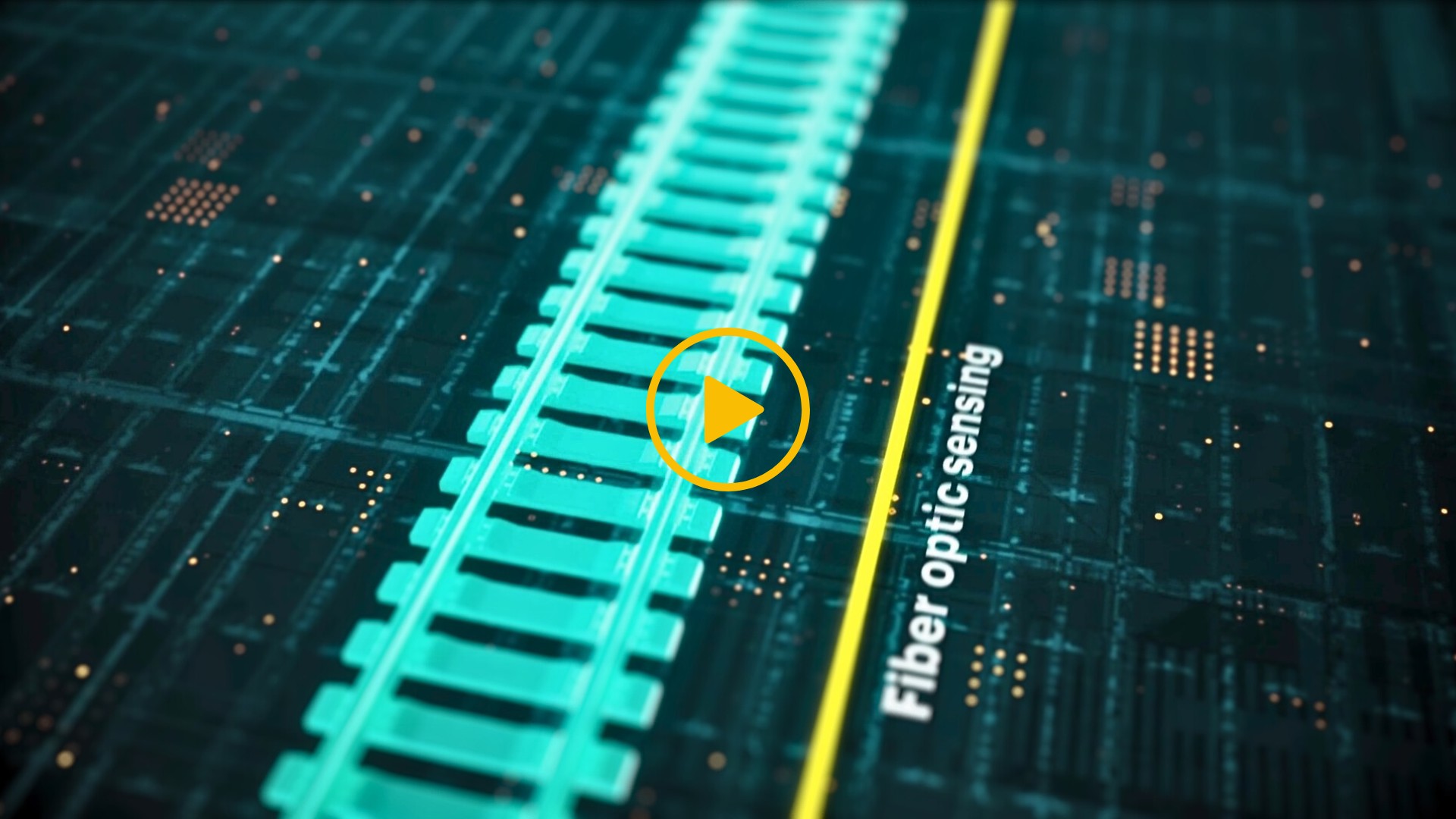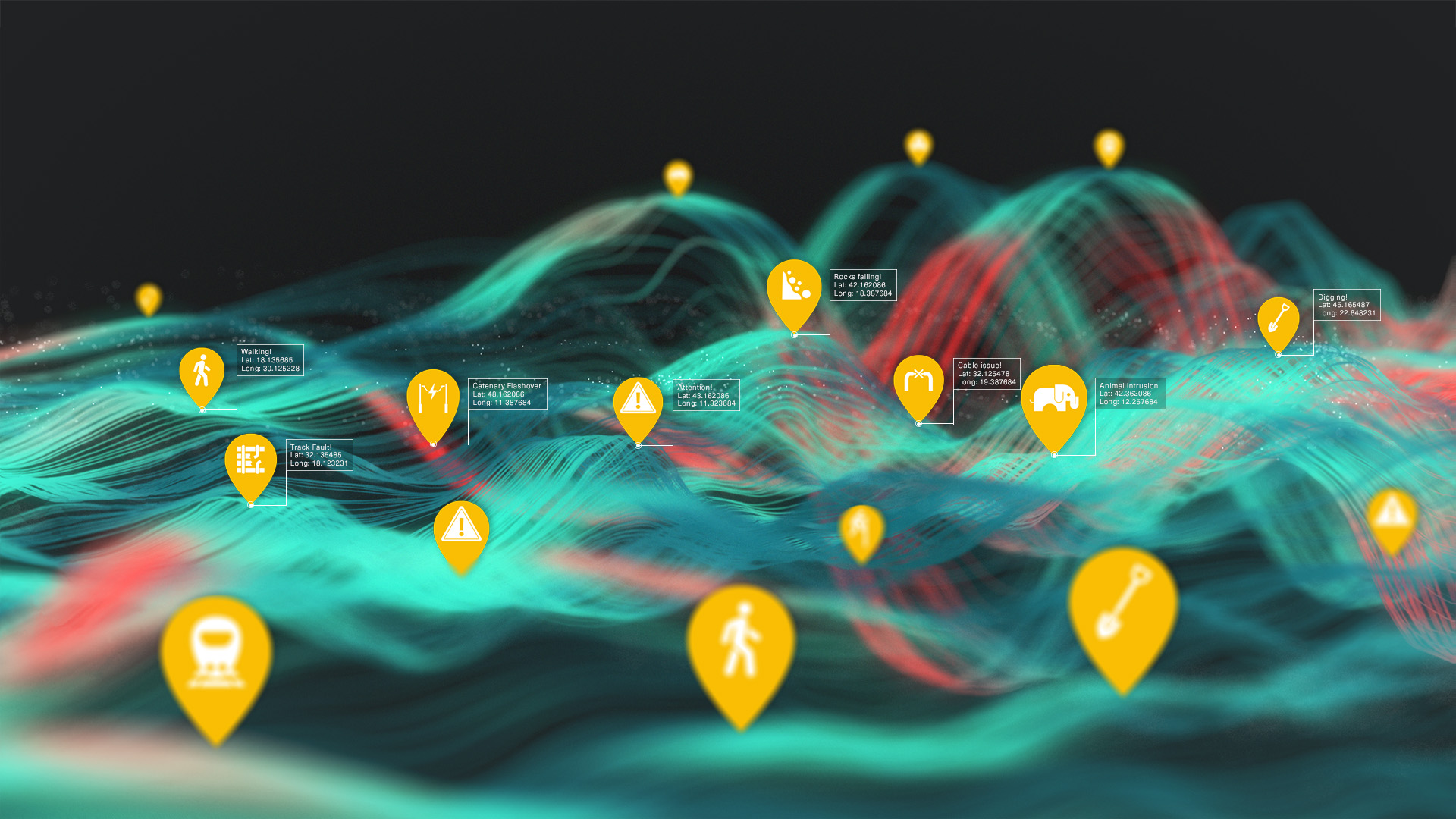Hydrogen colours made simple.
Starting out along your hydrogen rail journey? Suffering colour confusion in all the media coverage? This handy guide explains what the colours of hydrogen mean and will help you navigate the rainbow, or perhaps trainbow, of colours used when referring to this power source.
Hydrogen is a highly flammable colourless gas that is lighter than air. A colour name is often associated with it to show how that hydrogen has been produced. Hydrogen occurs as a gas rarely on earth as it tends to float out into space. Sometimes naturally occurring hydrogen is known as ‘white’ or even ‘gold’ hydrogen due to its rarity. Despite its rarity in its elemental form on earth hydrogen is the most abundant element in the universe. On earth hydrogen is locked away in compounds such as fossil fuels and water. On an industrial scale, hydrogen is generated and the process used gives the hydrogen its colour name. These colours are typically grouped together under the colours of Brown, Blue, and Green Hydrogen depending on their emissions during manufacture. I’ll explain the major groupings first, as that is what you’ll see reported in the media most often, before going into a little more detail on each hydrogen colour and how it can be produced later in this article.
Brown hydrogen
Brown is used by many in the industry as a blanket term covering Brown, Black and Grey hydrogen. All three of these hydrogen production processes take fossil fuel from the ground and turn it into Hydrogen gas, releasing CO2 into the atmosphere. The carbon intensity of the process varies with the fuel source used. Brown hydrogen is a high carbon fuel (compared to other hydrogen sources). Brown hydrogen is the most polluting way to produce hydrogen. Over 90% of commercially available hydrogen is currently in this category.
Blue Hydrogen
Blue hydrogen is the term used where any fossil fuel is used as the energy source (rather than just natural gas). As with Brown hydrogen, generating Blue hydrogen generates CO2. The key difference is that technologies are used to capture a proportion of the generated carbon dioxide and then this is stored, often underground. The carbon intensity of this process varies significantly, and large-scale capture technologies are an area of significant research and development. Blue hydrogen can be a low carbon fuel but unlikely to be carbon neutral.
Green Hydrogen
Green hydrogen uses a renewable energy source (wind, solar, tidal etc) to generate electricity. This electricity is used to split water (H2O) via electrolysis into Hydrogen gas and Oxygen gas, (H2 and O2). This process generally results in a low carbon fuel and could be carbon neutral. Green hydrogen is the most environmentally friendly way to produce hydrogen.
Hydrogen production processes
Delving further into the hydrogen economy, typically colours are assigned to each potential hydrogen production process, so if you see a colour quoted the handy reference table below should give a quick explanation.
| Colour | Fuel | Process | Products/Emissions | ||
|---|---|---|---|---|---|
| Brown/Black | Coal | Steam reforming or gasification | H2 + CO2 (released) | ||
| White/Gold | N/A | Naturally occurring | H2 | ||
| Grey | Natural Gas | Steam reforming | H2 + CO2 (released) | ||
| Blue | Natural Gas | Steam reforming | H2 + CO2 (% captured and stored) | ||
| Turquoise | Natural Gas | Pyrolysis | H2 + C (solid) | ||
| Red | Nuclear Power | Catalytic splitting | H2 + O2 | ||
| Purple/Pink | Nuclear Power | Electrolysis | H2 + O2 | ||
| Yellow | Solar Power | Electrolysis | H2 + O2 | ||
| Green | Renewable Electricity | Electrolysis | H2 + O2 |
As the hydrogen economy develops and technology evolves other processes and colours may be utilised. I must also add a warning that not everyone around the world agrees on the naming scheme as there is no standard, so local variations may exist! However, I believe the information above is the most generally accepted view at the current time (late 2023).
The production and storage of a highly flammable gas, together with filling locations for large vehicles may be regarded as a target for terrorism or sabotage. Sensonic offers covert perimeter security to protect valuable and vulnerable assets. You can find more information on our railway security solutions here.





